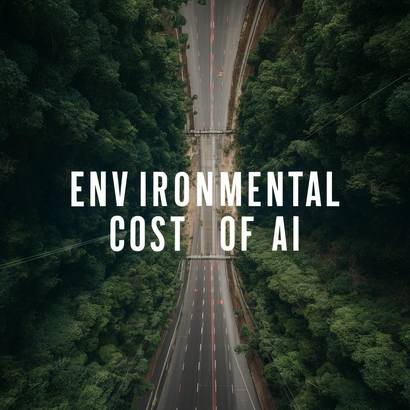
Environmental Impact of AI: Mariana Mazzucato, an economics professor at UCL, highlights the significant environmental cost of the technology industry, particularly large language models like ChatGPT. The infrastructure supporting our digital world, notably datacentres, consumes vast amounts of energy, contributing to global greenhouse emissions more than commercial flights. The 2018 viral hit “Despacito” on YouTube, for example, used enough energy to heat 40,000 US homes for a year. While tech has aided in reaching net zero targets with innovations like smart meters and efficient solar panels, it’s crucial to scrutinize its environmental footprint. The water used to cool the machines that trained ChatGPT-3 could have filled 700,000 liters, and the industry’s silence on its energy consumption is likely due to not wanting to raise public concern.
The expansion of datacentres by companies like Google and Meta, and their energy-intensive AI Research SuperCluster (RSC), pose a threat to increasing energy consumption. These companies may relocate to areas with cheaper electricity, potentially worsening water scarcity in arid regions. The extraction of minerals like lithium and cobalt, essential for datacentre batteries, involves significant water use and pollution, often violating human rights and labor standards. Efforts to reduce fossil fuel dependence can inadvertently harm water security.
In the UK, the outdated electricity network hampers affordable housing projects, and as households shift from fossil fuels to electricity, the pressure on the National Grid intensifies. Governments must evaluate their partnerships with organizations based on their environmental contributions. Policies should support companies moving in the right direction, with environmental practice disclosure as a condition for government support. This approach would promote corporate accountability in global mineral supply chains and human rights compliance.
Navigating technological advancement and environmental sustainability is a challenge for policymakers, who must cultivate less extractive business models. Aholistic perspective is necessary to mitigate the tech industry’s environmental impacts. Despite innovations since the 1990s, the climate crisis repercussions have been overlooked. As global heating is set to exceed the 1.5C target, systemic solutions are needed to ensure that solving one problem doesn’t create another.